Most of the existing books on Advaita Vedanta rely on the scriptural approach in presenting it. Some books mix it with the rational and experiential approaches as well, without always distinguishing clearly between them. The novelty of this book consists in the fact that it introduces the reader to the basic tenets of Advaita Vedanta in three independent but complementary ways: scripturally, rationally, and experientially. All the three elements are usually found interwined in accounts of Advaita Vedanta. They are presented here distinctly. While following the scriptural approach, one starts out with Brahman and Atman and has to confront the issue of their identity in the face of the apparent plurality which characterizes our life. In adopting the rational approach, one starts out with the world – and finds oneself confronting indeterminate existence. In adopting the experiential approach, one starts out with oneself only to see one’s self facing experiential dissolution. This distinct presentation of three elements will enrich one’s understanding of Advaita Vedanta as a whole and also allow the reader to form his or her own opinion about the relative merits of each approach.
Advaita Vedanta: An Introduction
$13.50
$15.00
In stock
Free & Quick Delivery Worldwide
All orders amounting to US$ 50 or more qualify for Free Delivery Worldwide. For orders less than US$ 50, we offer Standard Delivery at $14 per book.
ABOUT THE AUTHOR Arvind Sharma
ARVIND SHARMA was born in Varanasi, India. He earned a B.A. in History, Economics, and Sanskrit from Allahabad University in 1958 and continued his interests in economics at Syracuse University, earning an M.A. in 1970. Pursuing a lifelong interest in comparative religion, Dr. Sharma gained an M.T.S. in 1974 and then a Ph.D. in Sanskrit and Indian Studies from Harvard University in 1978. He succeeded to the Birks Chair of Comparative Religion at McGill University in Montreal, Canada and was the first Infinity Foundation Visiting Professor of Indic Studies at Harvard University. He has published over fifty books and five hundred articles in the fields of comparative religion, Hinduism, Indian philosophy and ethics, and the role of women in religion. Widely cited as an authority on Hinduism, amongst his most note-worthy publications are The Hindu Gita: Ancient and Classical Interpretations of the Bhagavadgita (1986), The Experien-tial Dimension of Advaita Vedanta (1993), Our Religions: The Seven World Religions Introduced by Pre-eminent Scholars from Each Tradition (1994), The Philosophy of Religion: A Buddhist Perspective (1995), Classical Hindu Thought: An Introduction (2000), and The Study of Hinduism (2003).
reviews
0 in total
Review by Anonymous
Be the first to review “Advaita Vedanta: An Introduction” Cancel reply
You must be logged in to post a review.
Bibliographic information
Title
Advaita Vedanta: An Introduction
Author
Edition
1st ed.
Publisher
ISBN
8120820274
Length
viii+125p., Bibliography; Index.
Subjects
more by Arvind Sharma see more
Research in Applied Biochemistry
$43.20
$48.00
One Religion Too Many: The Religiously Comparative Reflections of A Comparatively Religious Hindu
One Religion Too Many is a ...
$29.70
$33.00

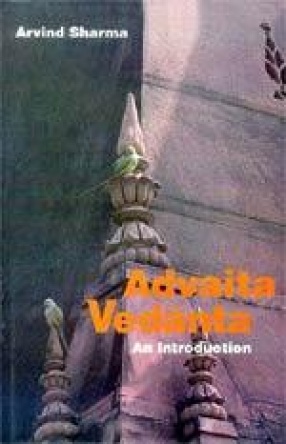
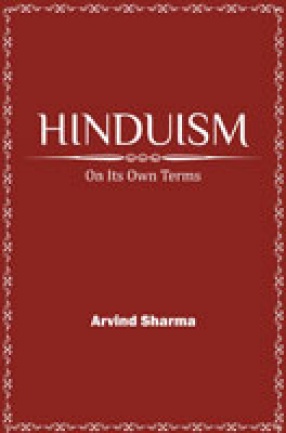

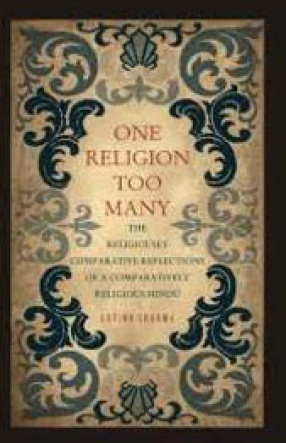
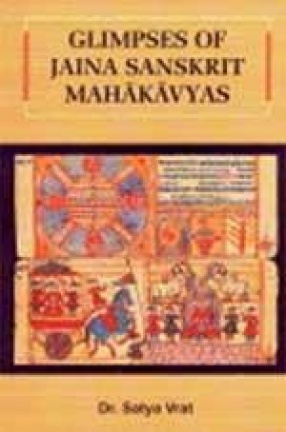
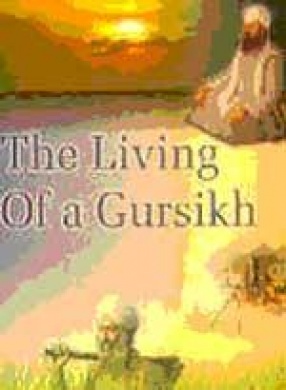
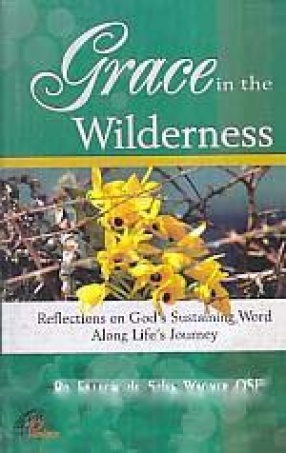
There are no reviews yet.